What is a VOG?
Somebody asked me recently, “What actually is a Voice Of God? Apart from being a really cool job title, what exactly do you do?”
And this from someone who I would have assumed to have known what it meant. Which makes me wonder whether I’m wrong to assume that you know what a Voice Of God does?
So, in the hope that it might be useful, here’s a quick practitioner’s view. This is how I see it, how I do it, what I try to achieve.
First, you never see who’s speaking – hence the phrase ‘Voice Of God’, a big booming voice but the person is invisible.
A big advantage is that it’s not distracting. While the audience is listening to me, they can be seeing pictures to illustrate what I’m talking about, or live shots of a winner receiving their award while I talk about exactly why their entry has won, this is their citation.
I also take the pressure off the people on stage. Whether you have someone off the telly as the focal point, or a senior person from the client’s industry, or the CEO of the company talking to their staff – whatever the content of the show, they’ve got loads to think about while they’re standing up there.
So, dealing with tricky bits of script, introducing the next item while people scurry around the stage resetting all the furniture, worrying about whether the show’s running to time – all that sort of thing is better done by somebody who doesn’t also have to worry about standing in the right place and facing the right way for the cameras, or having everybody looking at them while it happens.
Anything that reduces the stress on the people in the spotlight can only be good for the audience experience, wouldn’t you say?
Related to that, I’m the bridge between the action on the stage and the technical conversation on the headsets.
My personal headset looks nothing out of the ordinary but what you can’t see is that it’s wired so I hear the show (including myself) in one ear and the Showcaller and the rest of the crew in the other.
It means things planned – complex intro sequences, synchronising words to music and visuals – and unplanned – last-minute rewrites, unexpected changes to the running order, somebody not saying the right words to introduce a video, is all dealt with cleanly and smoothly. That only works when the communication is good.
What all this is aiming at, is making the show better for the audience. If it’s more fun, more informative, and generally a nicer experience for the people in the seats – well, that’s why we do it, isn’t it?
All the above is specific to a live, real-world event like an awards show or staff conference, but the principle adapts easily to hybrid or virtual events.
Written by Jonathan Pagden / Edited by Jill Furnevall
Talk to MAVERICK EVENT SHOW CREW
Call: 07764 460 008
Email: jill@maverickesc.com

